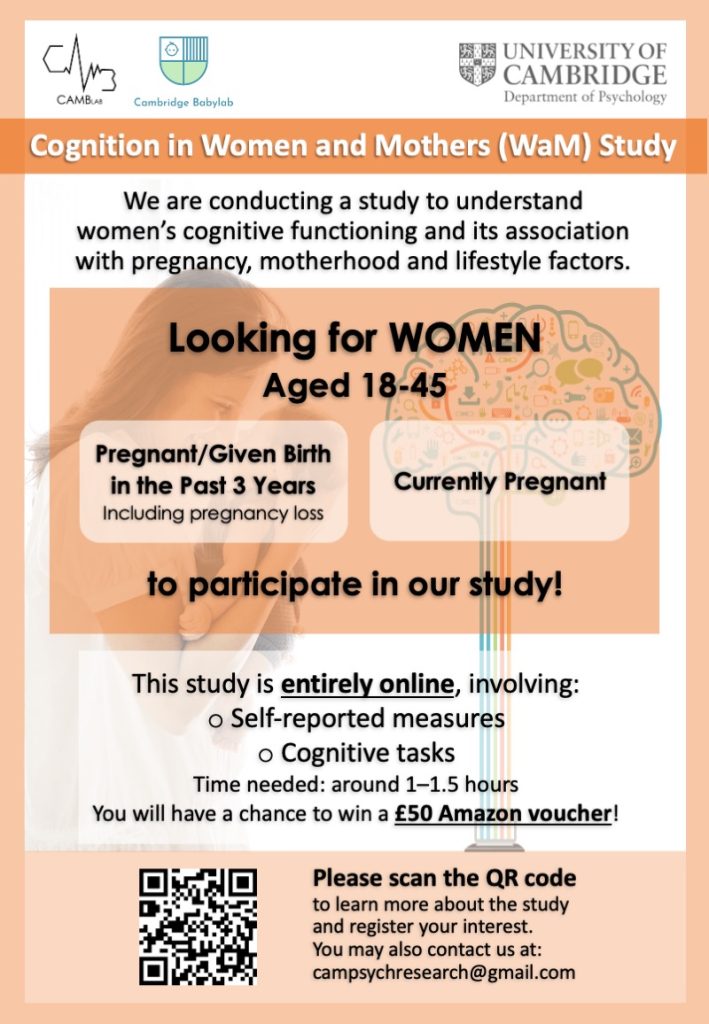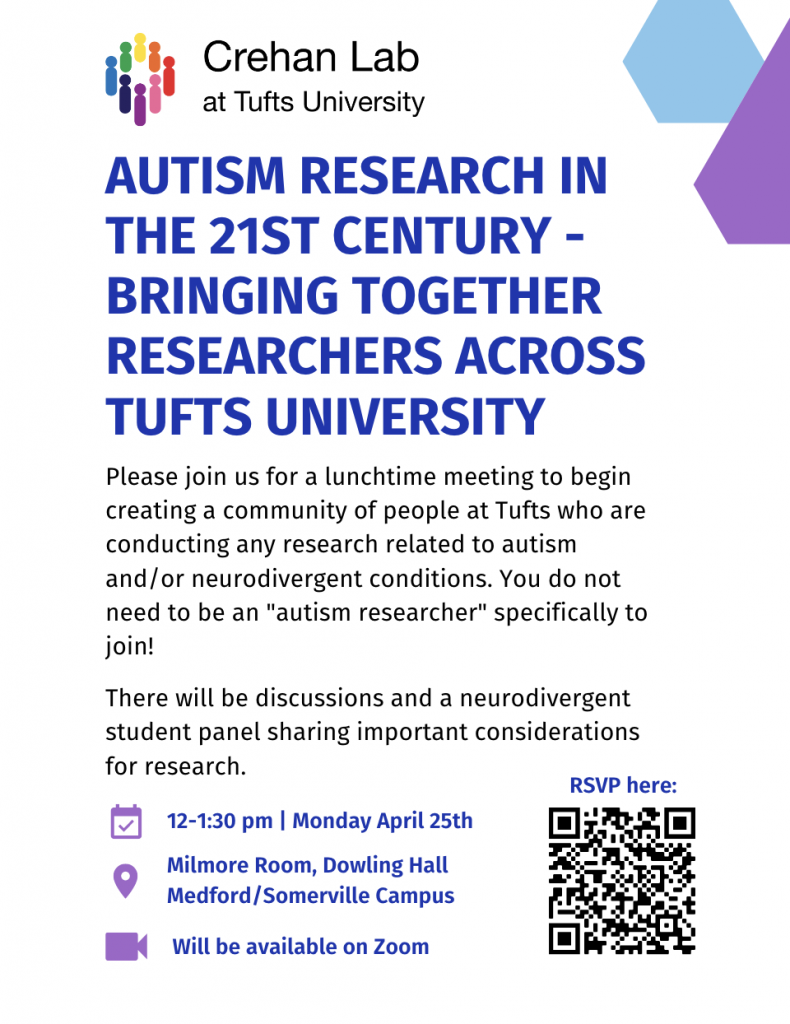WHAT HAPPENS TO CHILDREN WHEN ADULTS FIND SOLUTIONS TO PROBLEMS THEY DO NOT HAVE
Prof. Zvi Bekerman, Hebrew University of Jerusalem
Tuesday April 19, 7-9 pm, light refreshments will be served
Eliot-Pearson Department of Child Study and Human Development,
105 College Ave, Medford, Curriculum Lab
Hosted by Prof. Marina Bers **
Prof.
Bekerman will present the results of a long-term ethnographic study of
the integrated bilingual Palestinian-Jewish schools in Israel that offer
a new educational option to two groups of Israelis —Palestinians and
Jews—who have been in conflict for the last one hundred years. Their
goal is to create egalitarian bilingual multicultural environments to
facilitate the growth of youth who can acknowledge and respect “others”
while maintaining loyalty to their respective cultural traditions. The
presentation reveals the complex school practices implemented while
negotiating identity and culture in contexts of enduring conflict. We
will explore the potential and limitations of peace education given the
cultural resources, ethnic-religious affiliations, political beliefs,
and historical narratives of the various interactants.
Zvi
Bekerman teaches anthropology of education at the School of Education,
Hebrew University of Jerusalem, and is a faculty member at the Mandel
Leadership Institute in Jerusalem. He is also an Associate Fellow at The
Harry S. Truman Research Institute for The Advancement of Peace. His
main interests are in the study of cultural, ethnic and national
identity, including identity processes and negotiation during
intercultural encounters in formal/informal learning contexts. He is
interested in how concepts such as culture and identity intersect with
issues of social justice, intercultural and peace education, and
citizenship education. His recent work has examined the intersection
between civic and religious epistemologies in educational contexts. In
addition to publishing in a variety of academic journals, Bekerman is
the founding editor of the refereed journal Diaspora, Indigenous, and
Minority Education: An International Journal. Among his most recent
books: Psychologized language in education: Denaturalizing a regime of
truth, (2017); The Promise of Integrated and Multicultural Bilingual
Education: Inclusive Palestinian-Arab and Jewish Schools in Israel
(2016), Teaching Contested Narratives Identity, Memory and
Reconciliation in Peace Education and Beyond. (2012) Integrated
Education in Conflicted Societies (2013).
**This event is supported by the American Engagement Network (AEN).


